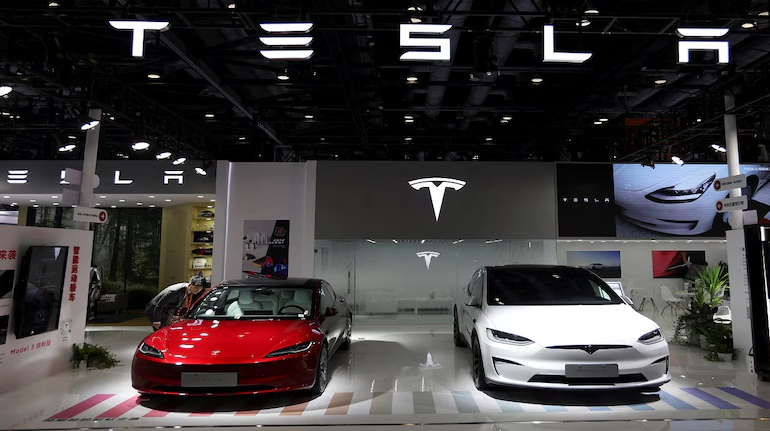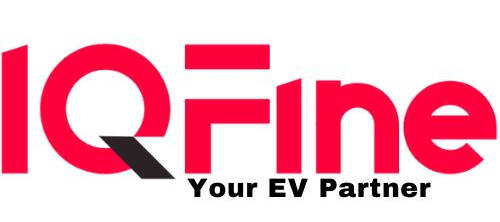Tesla (TSLA) is reportedly considering re-entering the Indian automotive market after several failed attempts in recent years.
India remains the largest auto market that Tesla has yet to penetrate. The company has been trying to enter India for years, but has struggled with the country’s protectionist policies, including high import duties on vehicles.
While the Indian government has pushed for Tesla to set up a factory in the country, Tesla preferred to first establish a market by importing vehicles before making any commitment to local production.
Earlier this year, we reported that India reached a compromise on its import duties, creating an opportunity for Tesla and other electric vehicle manufacturers to enter the market.
This deal involves significantly reducing import duties for a limited number of electric vehicles, provided the automaker makes a substantial investment and commits to building a factory in India in the future.

It appeared that Tesla played a role in facilitating this deal, given the automaker’s close collaboration with the Indian government, and there were signs that Tesla was ready to take up the offer.
CEO Elon Musk had planned a visit to India soon after the deal was announced, hinting at finalizing plans for Tesla’s market entry and factory construction.
However, Musk canceled the trip at the last minute and opted to visit China instead. While it seemed that Tesla’s efforts in India had stalled, recent developments suggest that things are moving forward once again.
There is report from Reuters that Tesla is now talking with real estate group DLF about finding a showroom in New Delhi:
Tesla, which had paused its search for a showroom in India in recent months, is now in early-stage talks with DLF to help secure space in the capital region, said the two sources, who have direct knowledge of the situation.
However, the discussions are still in the early stages, and they may not lead to any concrete results.
Under India’s new program for foreign electric vehicle manufacturers, import tariffs have been reduced to 15%, but this applies only to 40,000 vehicles, with a maximum of 8,000 vehicles imported per year.
The automaker benefiting from the reduced import tariffs must also commit to a $500 million USD investment in local EV manufacturing over a period of 5 years, with the investment needing to begin no later than 3 years after starting vehicle imports.








